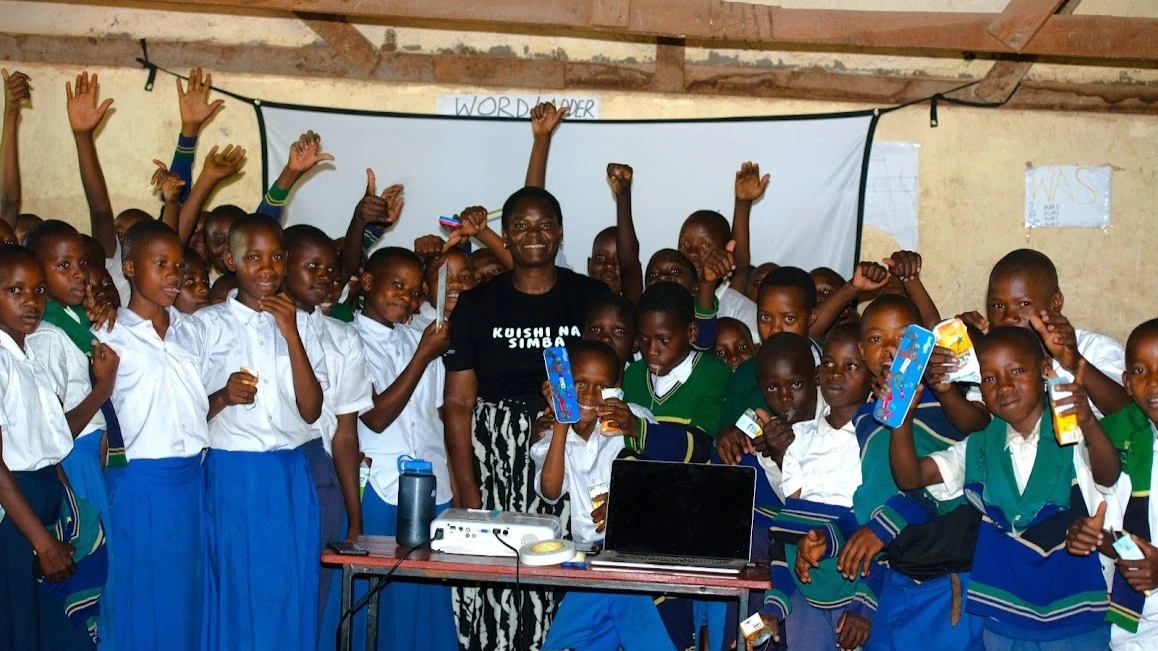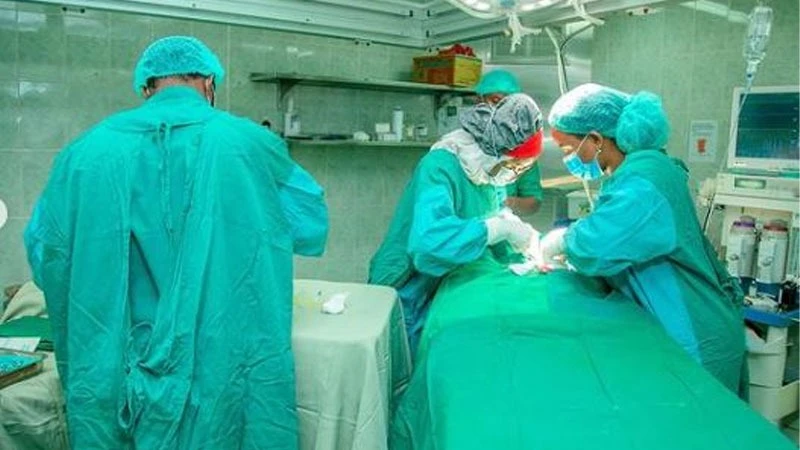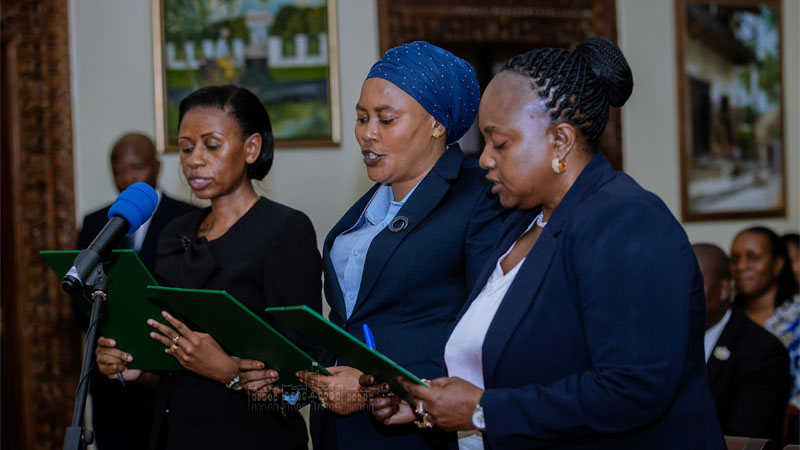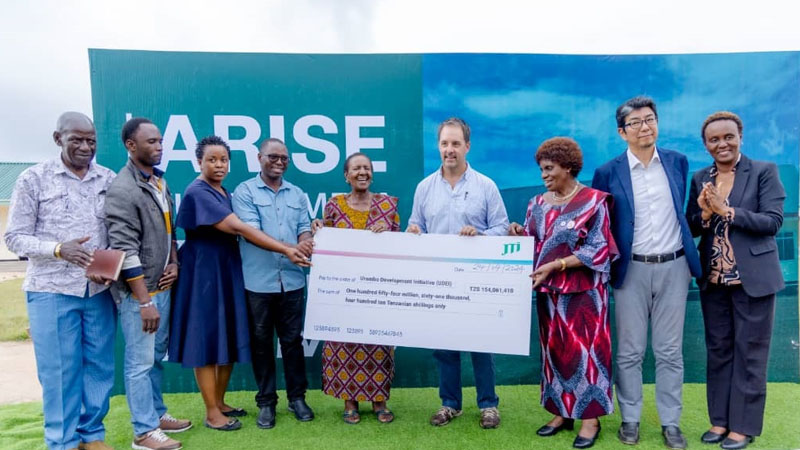Milk production volume reaches 3.6bn litres by 2023
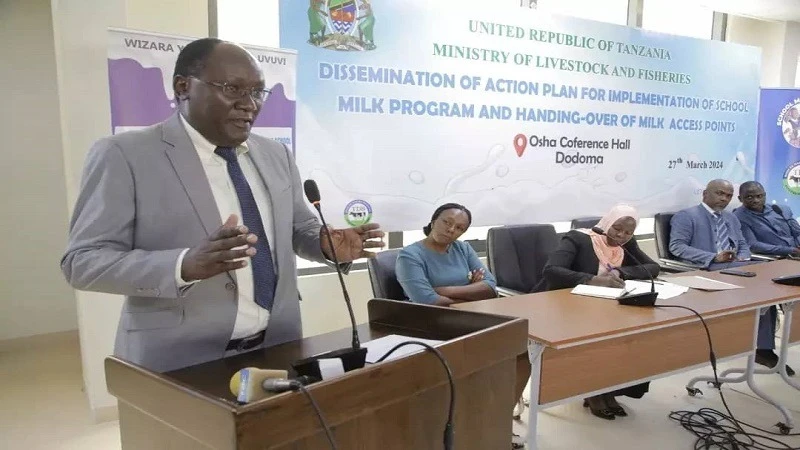
THE Ministry of Livestock and Fisheries has successfully managed to increase milk production volume from 2.2billion litres during 2020/21 to at least 3.6 billion litres during 2022/23.
This development has been achieved through effective role played by the Tanzania Dairy Board (TDB), according to the Deputy Permanent Secretary in the parent ministry, Professor Daniel Mushi.
He unveiled the development in his remarks to open a special meeting tailored for the rolling out of copies of School Milk Feeding Program (SMFP) documents.
Held over the weekend in Dodoma Capital City, the gathering went in tandem with official handing over of the special booths which will be used to roll out milk services in schools in the envisaged program.
In his speech, Prof Mushi informed that great efforts have so far been made by the government to ensure for increased production, processing and availability of livestock products in the country, including milk.
"These efforts, also incorporated fruitful working initiatives by the parent ministry and TDB to introduce best crossbreed dairy cows to the dairy farmers across the country" he informed.
And he added that through the constructive strategies, there was a purchase of a total of 3, 160 foundation stock cows, as well as introduction of improved bulls at the various state-owned livestock farms across the country, the development which played notable role in help heightening milk production.
"And through the period, much efforts were done to improve the country's livestock ecotypes," he added.
Speaking earlier, the Registar of the Tanzania Dairy Board (TDB), Dr. George Msalya expressed that process for development of the school milk feeding program had involved a range of key stakeholders for getting proper experience and other necessary inputs.
Patrick Codjia, Head of Nutrition, United Nations International Children's Fund (UNICEF) said implementation of the envisaged program, school milk feeding program, was a vital move to ensure for effective utilisation of the country’s livestock -related products, being with an eye to improve the state of nutrition across the country.
Expecting to gobble up to 15bn/- in order to run for at least five years, the healthful program targets to benefit students within a total of 500 schools across the country, and for both purposes, improving their (students) health and cognitive levels.
The plan, among others is to commence with at least 100 schools in the period of 2023/2024 while other 100 schools will be added every year for the five consecutive years of the implementation and schools covered is expected to increase from 125 to 625 schools by 2027, with the targeted beneficiaries students are those aged between 4 to 19 years.
Stakeholders involved in the development of the Action Plan for Implementation of School Milk Program in Tanzania (2023-2028) include the President Office, (Regional Authority and Local Government), Prime Minister’s office, ministry of education, ministry of health, Tanzania Food and Nutrition Centre (TFNC), Sokoine University of Agriculture (SUA), the Tanzania Agricultural Development Bank (TADB).
Top Headlines
© 2024 IPPMEDIA.COM. ALL RIGHTS RESERVED













